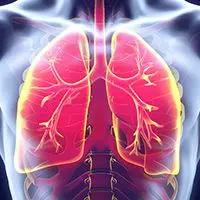
Dr. Herbst on Considerations for Frontline Immunotherapy in NSCLC

Roy S. Herbst, MD, PhD, discusses considerations for frontline immunotherapy in non–small cell lung cancer.
Roy S. Herbst, MD, PhD, ensign professor of Medicine, Medical Oncology, professor of Pharmacology, Yale School of Medicine, director, the Center for Thoracic Cancers, chief, Medical Oncology, associate cancer center director, Translational Science, Yale Cancer Center, Smilow Cancer Hospital, discusses considerations for frontline immunotherapy in non–small cell lung cancer (NSCLC).
Testing for known molecular drivers is vital before making a frontline treatment decision for a patient with NSCLC, since these drivers can affect treatment decisions and response rates, Herbst says. For patients without a molecular driver, smoking history could also impact the treatment decision, Herbst adds.
Additionally, PD-L1 status can inform immunotherapy decisions for patients with NSCLC. If a patient has PD-L1 above 50%, single-agent pembrolizumab could be appropriate, Herbst explains, adding that patients with PD-L1 less than 50% could be candidates for immunotherapy plus chemotherapy.
Notably, patients with underlying autoimmune disease may be poor candidates for immunotherapy, Herbst concludes.






































